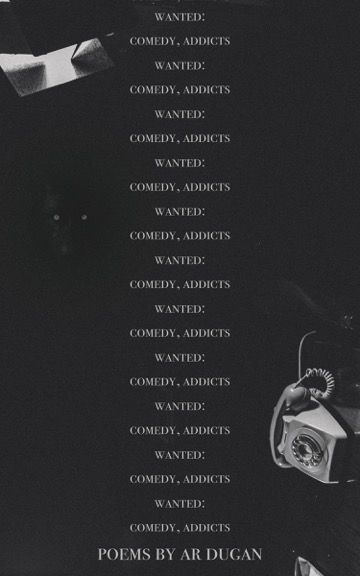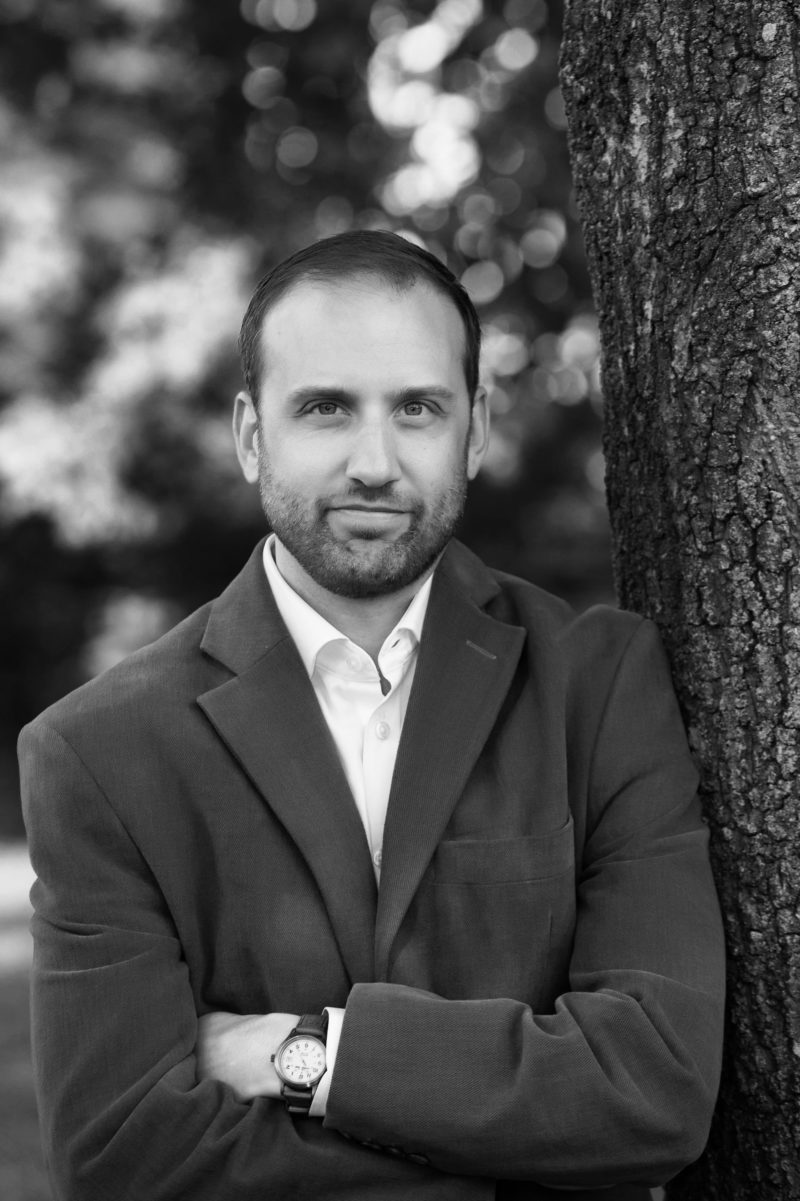When did you first encounter poetry? How did you discover that you wanted to write poems?
I read a lot and was read to a lot as a child. There’s lots of poetry in children’s books, even when it’s not billed as Poetry. I imagine that was the genesis. I’m reminded of a crossroads (one of several around that time) that I faced at the end of my first master’s degree, which was in literature. I wanted to do a creative thesis rather than a scholarly one, because I wanted to go on to do an MFA in creative writing. I had to choose between producing a manuscript of fiction or poetry. It’s obvious now, but I felt it was a big decision then. It was like choosing an identity. Though I felt confident in crafting stories in prose (I had been teaching students how to both write it and analyze it for years as a high school English teacher), poetry resonated on a deeper level. I didn’t know why at the time. I couldn’t put my finger on it.
When I was in high school, I read Howl by Allen Ginsberg. I felt the exalted rebellion that so many others have felt. Moving on quickly, because reading Howl and feeling moved as an angst-filled teen is cliché, there was something about that poem that seemed connected to why I preferred Nirvana to the other grunge rock and alternative bands of the era. I couldn’t put my finger on it at the time, just like when I chose poetry over fiction in my late twenties. But, I can see now that what I was interested in was art rather than entertainment, or even craft. I don’t have much interest in entertaining you with a ‘good’ story, because I’m way too aware that I’m entertaining you with my story. I’m more interested in why you’re entertained and what that says about you—what that says about me.
People say (poets say) they write poems because they have to. It’s not a choice. Poetry is how they are able to move through the world. Poetry helps me get out from under the farce of the world. It helps me get out from under the weight of my existence, and my complicity in the cycle.
Do you have a writing routine? A favorite time or place to write?
Even though I believe in the power of spontaneity, I’ve always relied on a stable routine. Since the pandemic started, though, my process has been disrupted with most of the rest of the world. I never realized the place I normally wrote in, my desk in a spare bedroom, was so important. I’ve been doing my job primarily from home since March 2020, which requires being at that desk in that room for eight hours a day, five hours a week. I’m not really complaining about it—there are obviously far worse things that could have happened to me since that time. But, my unwillingness to spend more time in the place where I go to work daily has left me lacking the a key piece of the pattern I relied on. I’ve also become a homeowner and father during the same time frame; I’m still searching for balance along with the time and space to write.
Where do your poems most often come from—an image, a sound, a phrase, an idea?
I have little notebooks that I carry around and I use the Notepad app on my phone to keep a log of lines and ideas. I can work from an idea or a premise with some success. I have more success if I have a line to work with. My poetry is driven more colloquially than sonically, so I’ll write down phrases in my notebooks that get earmarked as lines. I use these to start writing. When things work out, a poem starts to take shape as I’m writing. If I have an image I’m interested in, it has to be translated into language anyway. If this happens organically and/or spontaneously, I usually like the result. I’ve made the mistake of trying to force language on an image. Sometimes the right language for an image can take me years to find. For example, I was fixated on the image of a large owl at night that I saw on TV. It took years to find the right language for it. In the end, the poem had little to do, literally, with that image. Anyway, I enjoy the journey, what I’ve heard other writers call the work, from the first idea that goes in a notebook to the finished product typed on a screen. I’m much more comfortable doing ‘the work’ than I am with a ‘finished’ piece. I’m suspect of a so-called finished poem. A poem in progress is much easier for me to deal with.
Which writers (living or dead) do you feel have influenced you the most?
I mentioned Ginsberg above. Peter Gizzi is an important poet for me and helped me access Ashbery and Berryman. I could list the rest of the Confessionals here. Some noteworthy writer said that poets can only write about themselves, and I have thought this about myself more than once. I mention Nick Flynn below, and he has probably been the most influential. I’ve read all his books. I find my own work is usually less intense and subtler than his, but I aspire to his ability to access trauma and make a reader feel it. As I’ve accepted the surreality of my poems (and the way I see the world), I feel the influence of Zach Schomberg, Asse Berg and Tranströmer. These writers probably had the most impact on my latest chapbook. I’m also interested in absurdity, so I feel the influence of Kafka. Some (maybe most) people read Kafka and feel confused and uncomfortable. When I read him and feel relieved that someone else sees what I see.
Tell us a little bit about your new collection.
Wanted: Comedy, Addicts is a book length poem, which was a new experience for me. I had never worked on anything of that length before. The subject matter is perhaps the most vulnerable I have undertaken—guilt and regret. I could only process it indirectly in writing, so the book is very surreal. I use objects and characters in place of events and emotions. Because of the book’s abstractness, and at times its humorous absurdity, together with the interconnected themes of guilt, family and addiction, I ask a lot of the title. It’s intended to work two ways: looking for comedy and addicts; looking for people addicted to comedy. I found that in writing about a moment in my life that I have a tremendous amount of remorse for, the way I was expressing it started to seem ridiculous and even funny. To me, the speaker seemed to be on an epic journey reminiscent of classic dramatic theater. But, it was really mock-epic, as the book ends at the beginning—the journey a closed loop. I used the section titles to nod toward Greek theater for these reasons, but also to reinforce that I want to give readers permission to laugh and cry simultaneously. Some of the things people do for addiction are tragic and terrible. Some are hilarious. I managed to avoid tragedy but looking back on the moments that make up the subject matter, it was impossible to ignore the humor in inherently sad memories. Thalia, the muse of comedy, is used in the first section title. The word Parados (not quite paradise), used in the second section title, is supposed to refer to a turning point, but the book is intended to challenge any idea of a climax. I’m not sure I found much personal catharsis writing the book, but I did find clarity and recognition. I hope readers will, too.

Excerpt from Wanted: Comedy, Addicts
by AR Dugan
The Hound’s mouth
full of flies
and fire everywhere.
And water all around
the drying paper towels.
The Hound’s mouth,
howl of a dying people
who speak through old books
made from paper towels and milk.
An empty club
holding The Hound’s
head up.
Its mouth full of bees.
~~~
How many hours?
The phone whispers: Taboo
through canine teeth.
The Hound tells the phone: Go
with its tongue
which has a small
mouth at the tip,
rarely used for talking.

AR Dugan is the author of the chapbooks Call / Response (Finishing Line Press, 2019) and Wanted: Comedy, Addicts (Cathexis Northwest Press, 2021). He has an MFA in creative writing from Emerson College. His poetry can be seen or is forthcoming in a number of literary magazines and reviews, most recently the anthology Wild Gods: The Ecstatic in Contemporary Poetry and Prose from New Rivers Press. He taught high school English in southeastern Massachusetts for years and now works in higher education. He lives in greater Boston.
